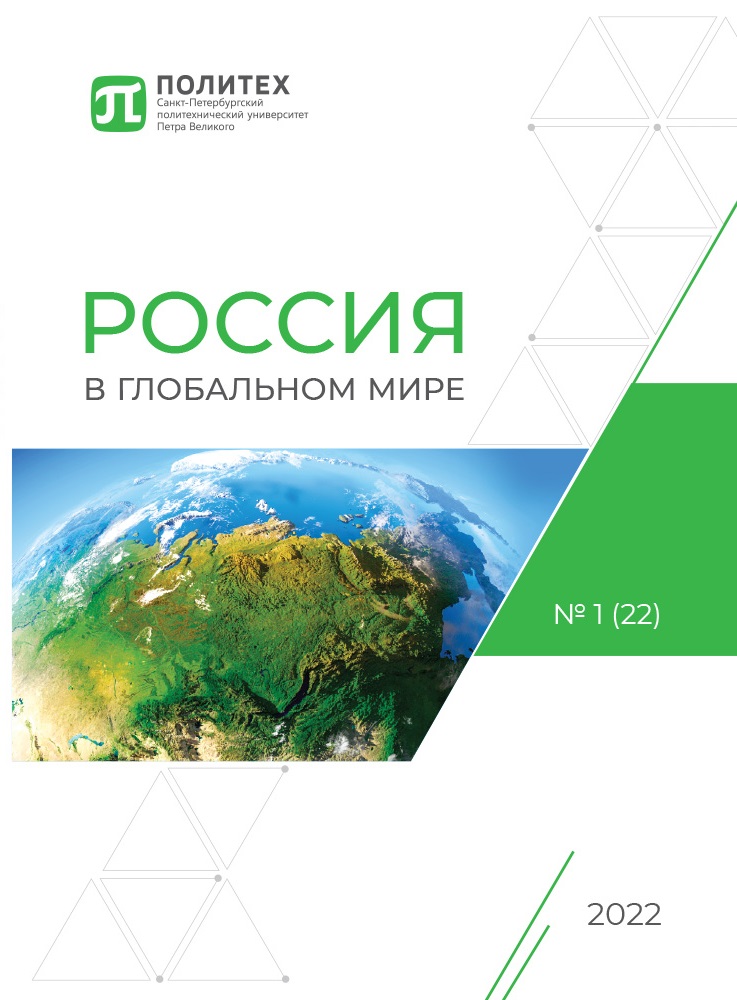ALZHIR: Children's Fate of Political Repression (Fragments of Archival Materials and Oral Histories)
Political changes in the late 1980s in the USSR aroused great interest in the study and objective coverage of the problems of Stalinism, totalitarianism, and political repression in the national history of the XX century. Information and legal opportunities have appeared for the study of this issue in recent years, when previously classified data from special archives began to be opened at the request of the public. After gaining Independence, the Republic of Kazakhstan continued to work on research and search for archival materials about the deported and repressed, their rehabilitation. New pages of those tragic days are being opened by scientists, including Kazakhstani ones, thanks to archival research, publications of documents, memoirs, biographical publications. In this regard, research by scientists and experts from different countries implementing their projects, including on a collaborative basis, has become popular.
The problems considered in this article are poorly studied, because, despite the fact that in recent years public and research activity has increased, aimed at covering, studying, evaluating historical events of the XX century, many pages of history are perceived in post–Soviet societies very ambiguously, and often painfully.
Akmola camp of the wives of traitors to the motherland (ALZHIR) was the largest prison camp in the USSR for the wives of the repressed. For a long time, the problem of repression against children and family members of «enemies of the people», «traitors to the Motherland» has not been discussed in society, and many victims of the tragedy still prefer not to talk about their lives, including relatives. As a result of the above circumstances, as well as difficulties in the process of declassifying archival sources on the history of political terror, victims of political repression, especially children, were not singled out as an independent object of study by science. There are practically no monographic studies on the problems of political violence, repression of children, adolescents, and youth.
The publication of memoirs of victims of repression on the pages of newspapers and magazines has become a common phenomenon since the end of the XX century. The article used the memories of victims of political repression, this type of source helps to trace the implementation of repressive policies in the lives of people, an individual family, fills in information gaps.
The history of political repression against children today needs special research. Children's themes cause even greater pain and sorrow and are often explored in relation to the women's issues of repression. However, in a number of works, including by Kazakhstani scientists and experts, the issue of highlighting the consequences of mass political repression through the eyes of children, in relation to them, the memories of eyewitnesses of the events of the XX century has become more actively raised.


